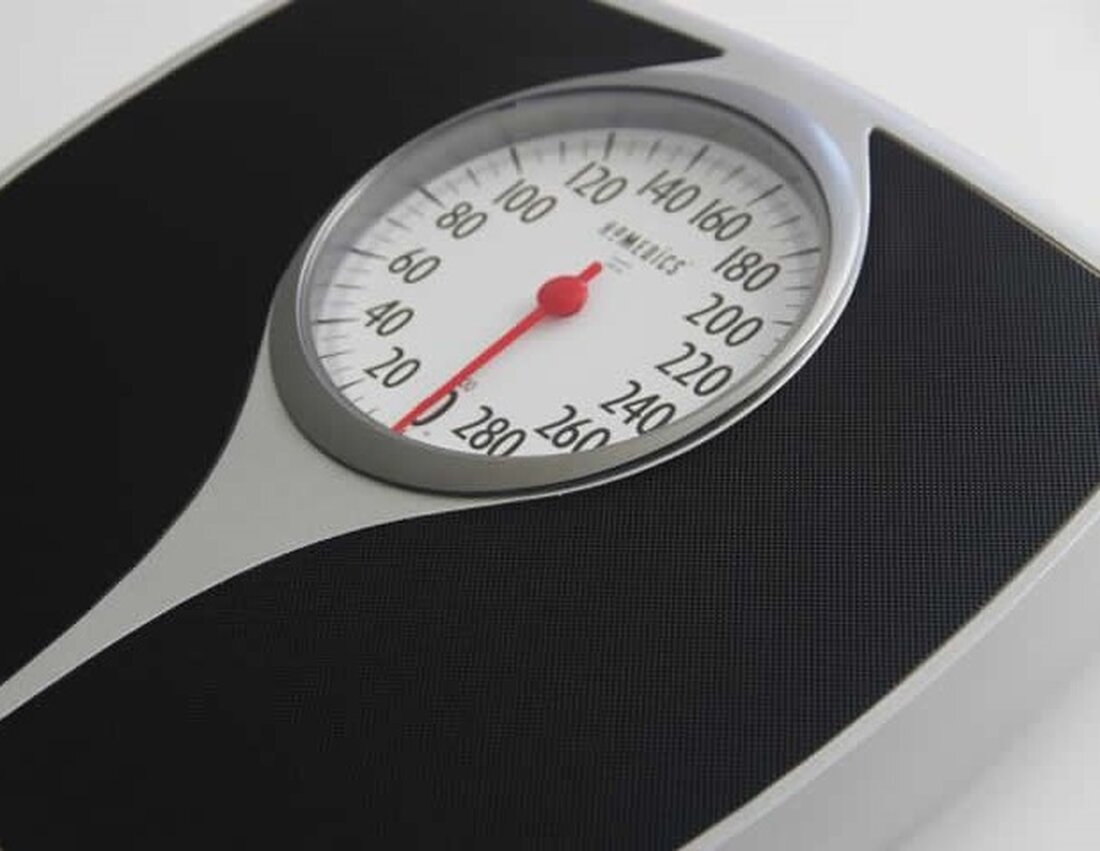Bariatric surgery associated with long-term improvements in pain, physical function and work productivity
Improvements in pain, physical function and work productivity essentially persist for at least seven years after bariatric surgery, despite some setbacks from high improvement levels in the years immediately following surgery, University of Pittsburgh epidemiologists report today in JAMA Network Open. The results - which show that improvements persist even as participants age over the course of the study - may help inform doctors, health insurers and patients, many of whom undergo surgery to relieve joint pain and improve mobility. Adults with severe obesity are much more likely to suffer from significant joint pain and limitations...

Bariatric surgery associated with long-term improvements in pain, physical function and work productivity
Improvements in pain, physical function and work productivity essentially persist for at least seven years after bariatric surgery, despite some setbacks from high improvement levels in the years immediately following surgery, University of Pittsburgh epidemiologists report today in JAMA Network Open.
The results - which show that improvements persist even as participants age over the course of the study - may help inform doctors, health insurers and patients, many of whom undergo surgery to relieve joint pain and improve mobility.
Adults with severe obesity are much more likely to suffer from significant joint pain and limitations in their physical abilities. Obesity leads to an earlier need for knee and hip replacements. However, adults with severe obesity may be denied joint surgery until they lose weight. And if physical limitations and pain affect work performance, weight loss may be necessary to maintain employment.”
Wendy C. King, Ph.D., associate professor of epidemiology, Pitt’s School of Public Health
For seven years, King and her colleagues followed 1,491 adults who received either a Roux-en-Y gastric bypass or a sleeve gastrectomy, the two most common and effective surgical treatments for severe obesity, between 2006 and 2009. At the time of surgery, study participants had a median age of 47 and were 80% female.
Participants were enrolled in the National Institutes of Health-funded Longitudinal Assessment of Bariatric Surgery-2 (LABS-2), a prospective cohort study of US patients undergoing weight loss surgery.
The new research builds on a previous study by King and her colleagues, which found that 50% to 70% of study participants reported clinically meaningful improvements in pain levels, physical function and usual walking speed in the three years after bariatric surgery.
“At the time, this research provided the largest and longest-running assessment of changes in pain and physical function following modern bariatric procedures,” King said. “Our new study more than doubles that time span and gives patients and physicians a better understanding of the likelihood that bariatric surgery will produce lasting results.”
In their updated analysis, researchers found that 43% of participants had clinically important improvements in pain, 64% in physical function, and 50% in 400-meter walk time seven years after surgery, all down 7 to 11 percentage points from the three-year assessment.
Among participants with symptoms suggestive of osteoarthritis before undergoing bariatric surgery, 65% reported improvements in hip pain seven years after surgery, while 72% reported improvements in knee function, both less than 77% three years after surgery.
The small to moderate reduction in pain and improvements in physical function are not surprising considering that participants also aged to a median of 54 years over the course of the study, King said. Previous research shows that some aspects of physical function, such as balance and strength, begin to decline as people enter their 50s, and others, such as walking speed and aerobic endurance, typically decline in the sixth decade of life.
“On average, participants experienced lasting improvements in walking speed, fitness and almost all pain measures,” King said.
Additionally, participants reported that pain and health status interfered less with their ability to work after surgery, with 43% of participants reporting health-related interference with their work seven years after surgery, compared to 63% before surgery.
“Overall, our study provides great news about the ongoing impact of bariatric surgery,” King said. “But clinicians should view patients as individuals and consider their full medical history, goals and motivations for weight loss when offering preoperative counseling about possible outcomes.”
Additional authors of this study are Amanda S. Hinerman, Ph.D., and Gretchen E. White, Ph.D., both of Pitt.
No funding was provided for this specific analysis, but LABS-2 was funded through a cooperative agreement from the National Institute of Diabetes and Digestive and Kidney Diseases.
Source:
Reference:
Koenig, W.C., et al. (2022) A 7-year study of the durability of improvements in pain, physical function, and work productivity after Roux-en-Y gastric bypass and sleeve gastrectomy. JAMA network opened. doi.org/10.1001/jamanetworkopen.2022.31593.
.

 Suche
Suche
 Mein Konto
Mein Konto
